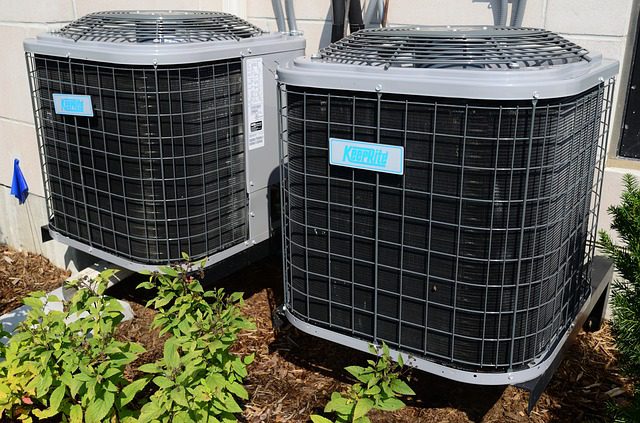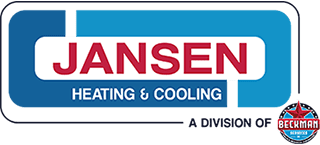Do You want Your AC to Run Well? Avoid these Things

A central air conditioner needs proper care or it won’t deliver optimum cooling in an efficient manner. To a large extent, this means learning what actions you shouldn’t take. Here are seven things you should NOT do to your home’s central AC.
Forget to Schedule Professional Maintenance
It’s important to schedule annual professional maintenance for your cooling system. Your trusted heating and cooling resource will dispatch a technician to
- clean your cooling system, both inside and outside units,
- check electrical connections and other conduits,
- measure refrigerant,
- test airflow,
- check the thermostat,
- look at the air filter and
- other tasks.
If your AC’s evaporator or condenser coils are dirty, for instance, the refrigerant in the system can’t efficiently remove heat from your home or expel it into the outdoors.
This will force the equipment to work harder and longer to keep your home comfortable. That translates into higher energy costs, sub-par cooling, and eventually, a broken air conditioner. If the refrigerant is low, this also will impact your AC operation, plus it could mean a leak.
Neglect the Air Filter
Inspect the air filter every month. This is another situation where forgetting an essential task will result in your AC working too hard.
An air filter that’s clogged with dirt or dust impedes airflow, making the blower motor work harder to force air through the filter. The consequences of that are mentioned in the previous section.
But this also will lead to more dirt getting into sensitive machinery, eroding efficiency and performance. Don’t assume your AC technician has taken care of this task; he likely only looks at your air conditioning system once a year. Air filters should be inspected monthly during the cooling season, and year round if your furnace blower is doing double duty as an air handler for your AC.
Overwork Your AC
Don’t make your air conditioner work harder than it’s meant to. You can give your AC a break by reducing its workload.
One way, of course, is learning to live with a higher temperature in the house during the hot months. Some people find it surprisingly easy to become accustomed to an interior temperature of 76 versus 72. However, if you’d rather not surrender any cooling comfort, take steps to reduce the cooling load in your house by
- sealing air leaks,
- adding insulation,
- using a programmable thermostat to avoid running the AC at full blast when nobody’s home and
- closing curtains and shades against the sun during the day.
Have Unreasonable Expectations
Related to the previous guideline, don’t expect your AC to cool your home at an especially low temperature when it’s sizzling hot and humid outside.
You’ll risk needing an AC repair if you set your thermostat at 66 degrees when it’s 95 outside with 90 percent humidity. And if that happens, you’ll be stuck in an excruciatingly uncomfortable hot house until your HVAC repair partner can fix it.
Allow Your AC to Ice Over
A central air conditioner can ice over if the equipment has insufficient capacity to cool your home; if you expect it to achieve an unreasonably low temperature on an extremely hot day (see previous paragraph), or if some mechanical malfunction occurs.
Ice on the AC can result in serious damage to the machinery.
Don’t Use Ceiling Fans to Make Your Home Seem Cooler
During the cooling season, employing a ceiling fan in a room can make the air feel several degrees cooler, and as a result allow you to turn up the thermostat by the same amount. You’ll save money on energy and lighten the workload on the air conditioner. Just don’t forget to turn off fans when nobody’s in the room.
If you follow this guide and do the right things instead of the wrong things, you’ll postpone a time when you absolutely have to call someone to perform an air conditioner repair.
